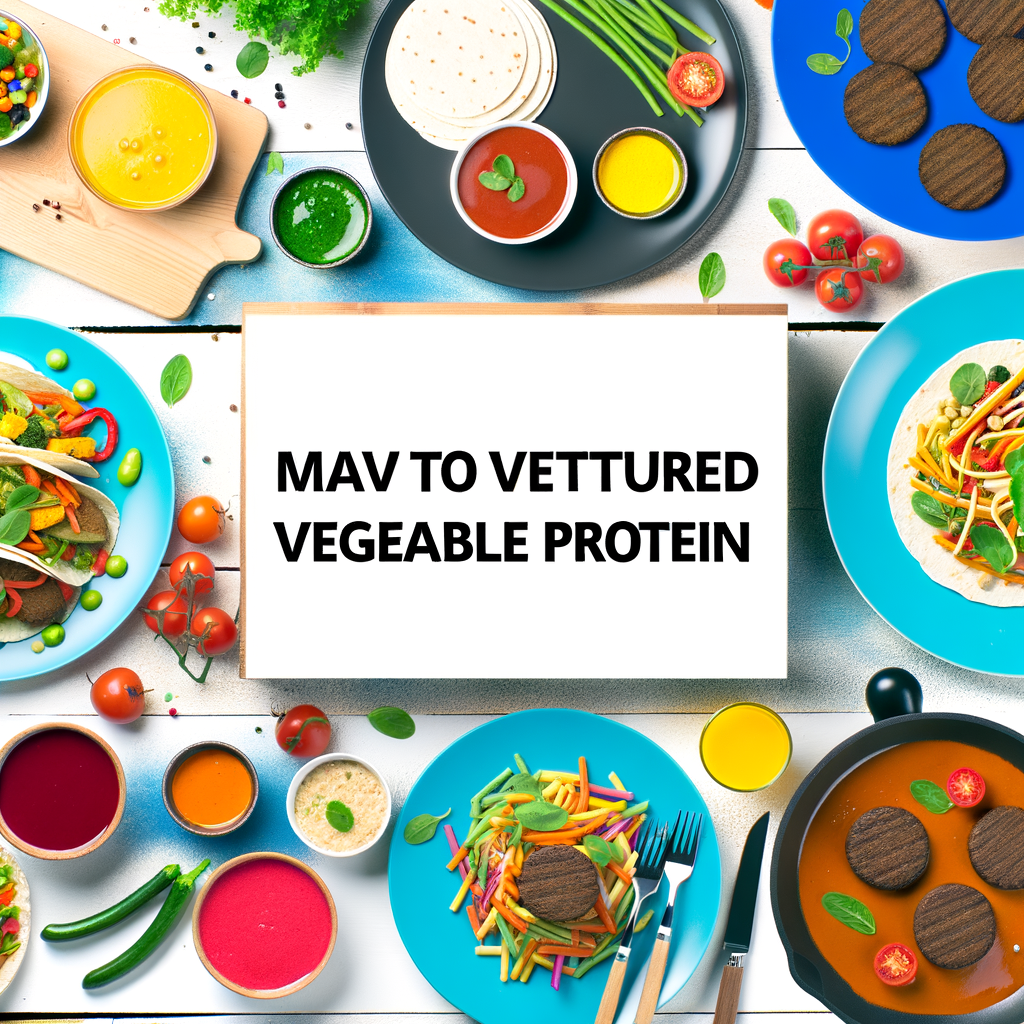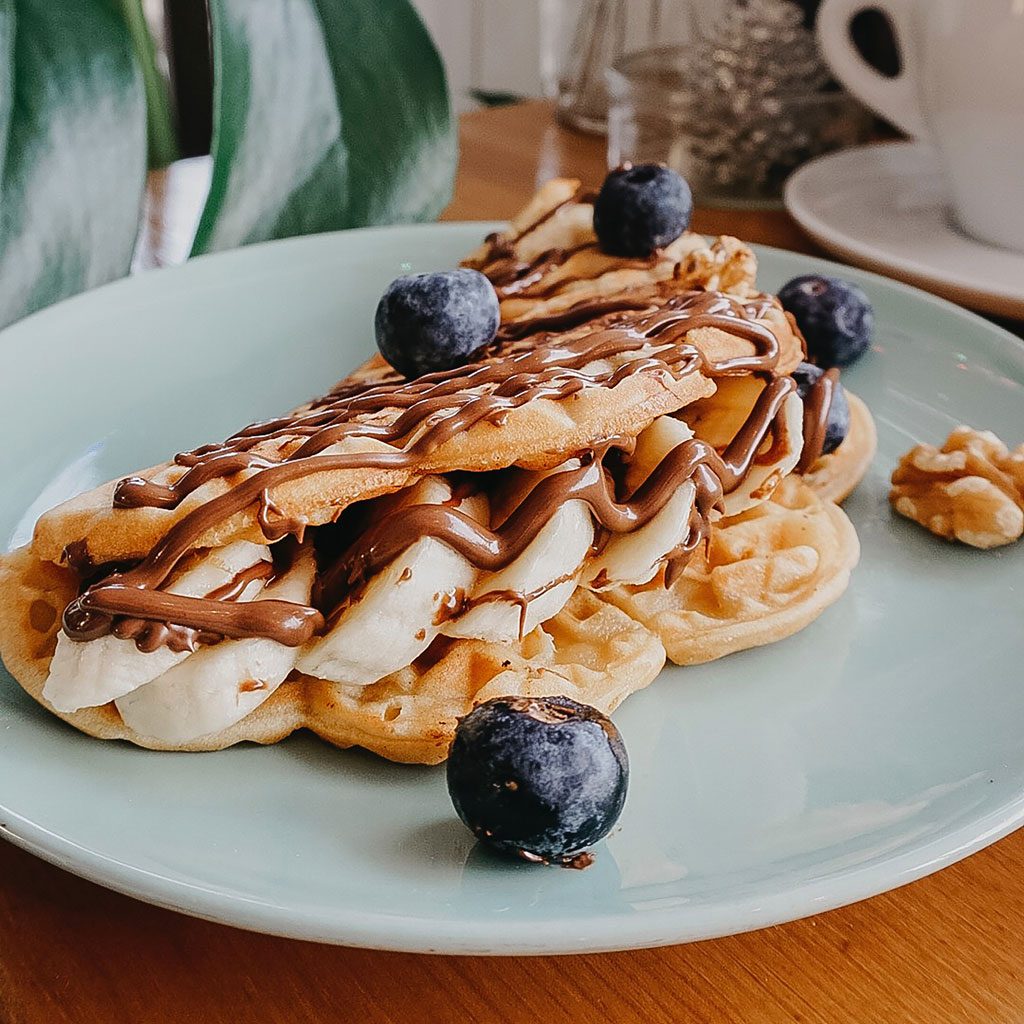Exploring Vegan Complete Protein Sources: A Path to Balanced Nutrition
Adopting a vegan diet can spark questions about meeting daily nutritional needs, particularly in terms of complete protein sources. Proteins are made up of amino acids, nine of which are essential and must be obtained through diet. Let’s delve into how you can enjoy a balanced diet with rich, vegan-friendly protein sources.
Understanding Complete Proteins
Proteins that contain adequate proportions of all nine essential amino acids are termed “complete proteins.” While many people associate complete proteins with animal products, several plant-based options exist to ensure you’re meeting your dietary requirements.
Top Vegan Complete Protein Sources
The list of high-quality vegan protein sources is extensive, ensuring variety and nutritional adequacy in a plant-based diet.
1. Quinoa
Quinoa, often referred to as a superfood, is a complete protein. Each cup contains about:
Rich in dietary fiber, essential minerals like magnesium, and antioxidants, quinoa can be a versatile staple in various dishes including salads, soups, and as a side dish.
2. Buckwheat
Despite its name, buckwheat is gluten-free and another potent complete protein. One cup delivers:
Buckwheat can be used in soba noodles, pancakes, or as a grain replacement in recipes.
3. Soy Products
Soybeans and their derivatives such as tofu, tempeh, and edamame are rich in complete proteins. For example:
These soy products offer versatility and can be incorporated into stir-fries, salads, soups, or as standalone snacks.
4. Amaranth
Amaranth, a less commonly known grain, is power-packed with nutrients, offering:
Often used in porridge, soups, and baked goods, amaranth is an excellent way to diversify your intake of complete proteins.
5. Chia Seeds
Aside from being a rich source of omega-3 fatty acids, chia seeds provide:
Integrate chia seeds into smoothies, puddings, and baked goods to leverage their nutritional benefits.
6. Hemp Seeds
Hemp seeds are another nutrient-dense option, with:
Sprinkle them on salads, blend into smoothies, or mix into your favorite protein bars.
Combining Foods for Complete Protein
Though many plant foods are incomplete proteins, combining them can ensure you’re getting all essential amino acids. This method, known as protein complementing, involves pairing foods such as:
Unlock the full potential of plant proteins by mixing these combinations within meals or throughout the day.
Why Complete Proteins Matter
Getting adequate complete proteins is essential for:
These functions underscore the importance of ensuring your diet is nutritionally balanced.
Potential Pitfalls and How to Avoid Them
While vegan diets can be rich in nutrients, attention is necessary to avoid deficiencies:
Monitor Protein Quality and Quantity
Ensure you’re consuming a variety of proteins to meet quality and quantity needs. Aim for a mix of complete proteins and complementing food items daily.
Pay Attention to Other Nutrients
Nutrients such as vitamin B12, iron, and omega-3 fatty acids can be less abundant in vegan diets. Consider fortified foods or supplements if needed to maintain adequate levels.
Regular Check-Ups
Regular medical check-ups, including blood tests, can help monitor nutrient levels, allowing for dietary adjustments as needed.
Incorporating These Sources into Your Diet
Adapting these complete protein sources into your meals can be both enjoyable and beneficial.
Breakfast
Start your day with amaranth porridge topped with chia seeds and fresh fruits or a tofu scramble with vegetables and quinoa.
Lunch
Opt for a quinoa salad packed with vegetables, hemp seeds, and a lemon-tahini dressing, ensuring a nutrient-dense meal.
Dinner
Combine buckwheat soba noodles with edamame and a medley of colorful vegetables, or a hearty tempeh stir-fry with mixed greens.
Snacks
Enjoy easy, high-protein snacks like roasted edamame, chia seed pudding, or perfectly seasoned tofu cubes.
Concluding Thoughts
Venturing into a vegan lifestyle doesn’t mean compromising on essential nutrients. Armed with knowledge about complete protein sources and strategic food combinations, you can thrive on a plant-based diet. Embrace these nutrient-dense foods to enjoy balanced and healthy nutrition every day.











